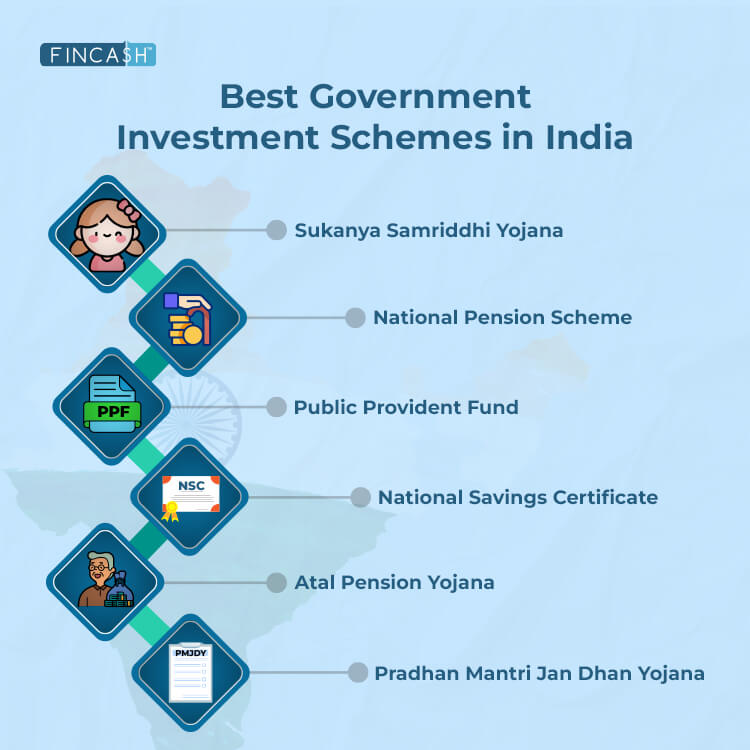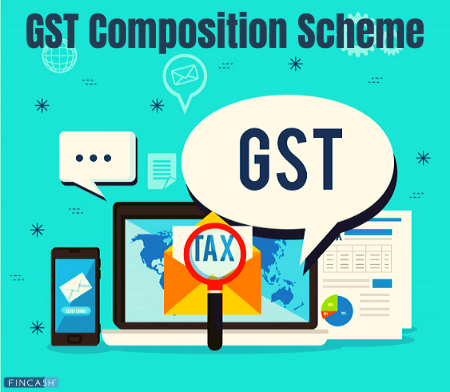
Table of Contents
- Benefits of Startup India Scheme
- Benefits from DPIIT
- Tax Exemption Under Section 80 IAC
- Tax Exemption Under Section 56
- Eligibility for Startups Registration
- How to Apply Online for Startup India Scheme?
- Conclusion
- FAQs
- 1. What is the income tax benefit under the start-up scheme India?
- 2. What are the primary eligibility criteria to fulfill for exemption under Sec 56?
- 3. Can an entrepreneur avoid registration with the start-up scheme?
- 4. How can I create resources through this scheme?
- 5. What is easy winding up a company?
- 6. How long does the winding-up process take?
- 7. What are the two basic criteria that you have to fulfill to register for the scheme?
Startup India Scheme
Launched in 2016, the Startup India Scheme is an initiative taken by the Government of India. The main objective of the scheme is to promote the startups, generate employment and wealth creation. This scheme has initiated several programs for building a strong ecosystem and transforming India. These programs are controlled by the Department for Promotion of Industry and Internal Trade (DPIIT).

The Startup India scheme has come up with several benefits such as ease of work, financial support, government tender, networking opportunities, income tax benefits, etc.
Benefits of Startup India Scheme
Ease of Work
The government has set-up the Startup India hubs where the Incorporation, registration, grievance, handling etc., is easily handled. On the online portal, the government has set up a hassle-free registration system, so that you can register from anywhere and anytime. As per the Insolvency and Bankruptcy Bill of 2015, it facilitates the fast winding-up process for startups and a new startup can take place within 90 days of the corporation.
Finance Support
To motivate startups, the government renders financial support, which has set up a collection of Rs. 10,000 crores for 4 years (Rs. 2500 each year). From these funds, the government invests in startups. The Income tax exemption is available for the first 3 years after the establishment of a startup. Under the Income Tax Act, if a start-up company receives any shares, which exceed the Market value of the shares such excess is taxable in the hands of the recipient as - income from other sources.
Government Support
Everyone wants a government tender when it comes to high payment and large projects. It is not easy to obtain government support, but under the Startup India Scheme, the startups will get priority in getting government support easily. The good news is that they don’t require any prior experience.
Talk to our investment specialist
Networking Opportunities
Networking opportunities enable individuals to meet various startup stakeholders at a particular place and time. The government renders it by conducting two startup tests annually for both domestic and international levels. Apart from this, the Startup India scheme also provides intellectual property awareness workshop and awareness.
Benefits from DPIIT
In the Startup India Scheme, the companies which are registered under the DPIIT are eligible for the following benefits:
Simplification & Holding
There are many benefits for startups such as easier compliance, easier exit process for failed startups, legitimate support and a website to reduce information asymmetry.
Funding & Incentives
The startups will avail the benefits of exemption on Income Tax and Capital Gains Tax. Funds of funds to pervade more capital in the startup ecosystem.
Incubation & Industry
Incubation is beneficial for startups as it creates numerous incubators and innovation labs. Basically, incubators assist the startups to grow their business in the market, it has done by the experienced institutions.
Tax Exemption Under Section 80 IAC
As said earlier, startups are exempted from the paying income tax for starting three years. Following are the criteria-
- The company should be recognised by DPIIT
- Private Limited Companies and Limited Liability Partnership are eligible for tax exemption under Section 80IAC
- The startup must have established after 1st April 2016
Tax Exemption Under Section 56
Investments in eligible Startup listed with a Net worth of more than Rs. 100 crore or turnover above Rs. 250 crores will be exempted under Section 56(2) of the Income Tax Act. Investment in eligible startup by accredited investors, AIF’s (category I), and listed companies having a net worth of Rs. 100 crores or more than Rs. 250 crore will be exempted under Section 56(2) (VIIB) of the Income Tax Act.
Eligibility for Startups Registration
- The company should form a private limited company or limited liability company
- The firm should get approval from the Department of Industrial Policy and Promotion
- The organization should have a recommendation letter by an incubation
- The company should have innovative products
- The company should be new but not older than five years
- The turnover should not exceed over Rs. 25 crores
How to Apply Online for Startup India Scheme?
- Visit startupindia(dot)gov(dot)in
- Enter your company name, establishment and registration date
- Enter PAN details, address, Pincode and state
- Add the details of the authorised representative, directors and partners
- Upload the essential documents and self-certification
- File the establishment and registration certificate of the company
Conclusion
*Startup India is a good opportunity for the businesses who want to bloom in the market. This scheme gives you a lot of benefits and also save you from Taxes. Start your own business with the help of Startup India scheme. *
FAQs
1. What is the income tax benefit under the start-up scheme India?
A: Any start-up initiated under this scheme is exempted from paying income tax for the first three years from its incorporation. However, to enjoy this benefit you will have to get a certificate from the Inter-Ministerial Board. Additionally, you will have to make investments in specific funds to enjoy the benefits.
2. What are the primary eligibility criteria to fulfill for exemption under Sec 56?
A: To enjoy the tax exemption under section 56 you will have to fulfill the following criteria:
- Yours should be a private limited company.
- Your company should be recognized by the Department of Promotion of Industry and Internal Trade or DPIIT.
- You should be Investing only in designated sectors and not in immovable properties.
Based on your investments, turnovers, loans, and capital investments it will be evaluated whether you will be eligible for exemption under section 56.
3. Can an entrepreneur avoid registration with the start-up scheme?
A: As an entrepreneur, the company registration process cannot be avoided. However, the entire process can be simplified with the Government's start-up scheme. You can register your company through the Start-Up Registration Hub through a single meeting and a simple application.
4. How can I create resources through this scheme?
A: The start-up India scheme offers excellent networking opportunities. Under this scheme every year two festivals are held one for domestic companies and the other internationally. In these festivals, young entrepreneurs get opportunities to connect with other entrepreneurs, network, and develop resources.
5. What is easy winding up a company?
A: Under the start-up scheme offered by the Government of India, winding up of the company becomes simpler making it easier for re-allocation of resources. This means you can easily close your start-up and allocate the resource to a more productive source. This is encouraging for a young entrepreneur who can now invest in an innovative idea and not worry about the complex exit process in case his business fails to become a success.
6. How long does the winding-up process take?
A: As per the Bankruptcy Code, 2016 startups that have a simple debt structure can be wound up in 90 days by filing for insolvency.
7. What are the two basic criteria that you have to fulfill to register for the scheme?
A: The company you form should be a private limited company or a limited liability company. The company you register for should be new and not more than 5 years old.
All efforts have been made to ensure the information provided here is accurate. However, no guarantees are made regarding correctness of data. Please verify with scheme information document before making any investment.













Good information